Outdoor vermicomposting in the hot summer?
bexlic
13 years ago
Related Stories
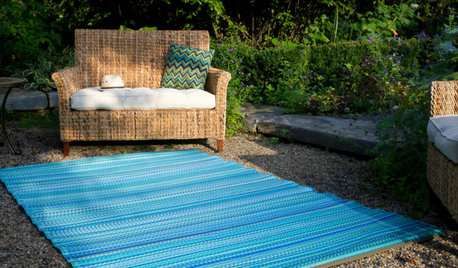
SHOP HOUZZShop Houzz: Hot Summer Colors for the Outdoors
Brighten your outdoor space with bold blues, reds and yellows
Full Story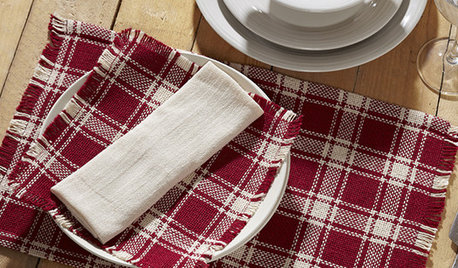
SHOP HOUZZShop Houzz: Up to 70% Off Summer Tableware
Drinkware, serveware and table linens perfect for the hot season
Full Story0
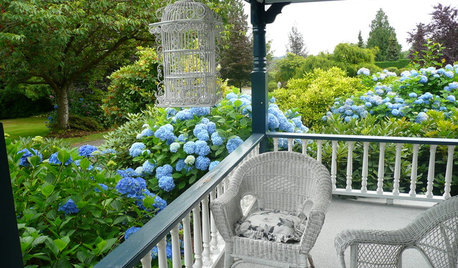
GARDENING GUIDESSummer Gardens Sing With Blues
When hot weather hits, bursts of blue keep the garden palette cool and calm
Full Story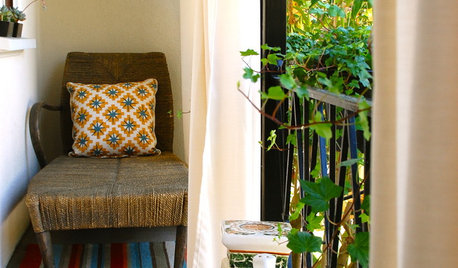
DECORATING GUIDES5 Easy Ways to Summer-ize Your Home
Tips to Brighten and Lighten Your Home for Summer
Full Story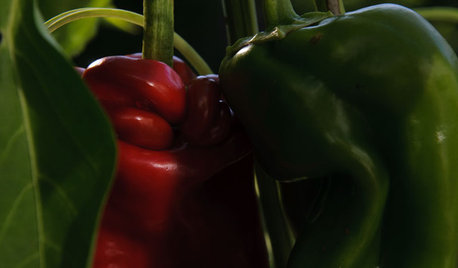
GARDENING GUIDESSummer Crops: How to Grow Peppers
Some like 'em hot; others like them sweet. With the incredible range of peppers available for home gardens, you can have your pick
Full Story
GARDENING GUIDESSweeten a Summer Garden With Pink Flowers
Whether you stir in hot pinks or sprinkle in some pastels, pink blooms can make your garden deliciously pretty
Full Story
MOST POPULARSimple Pleasures: Savor Summer’s Last Hurrah
Choose from 3 easy celebrations to close summer out in a soul-satisfying way
Full Story
LIFE9 Simple Ways to Savor Summer’s Final Days
Go ahead, ignore the calendar. Stretch out that easygoing, warm-weather feeling with these ideas for indoors and out
Full Story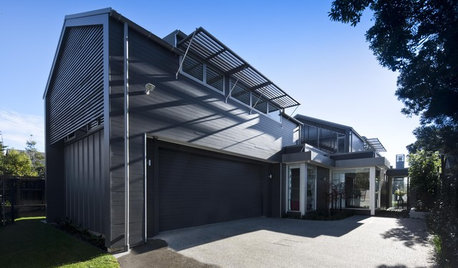
ARCHITECTUREShade in Summer, Sun in Winter
Louvered sunshades filter light when it's hot, let it in when it's not
Full Story
TURQUOISESummer Color Combo: Turquoise and Lime
These Two Eye-Popping Hues Will Cool You Off on Hot Days
Full Story





bluelake
steamyb
Related Professionals
Bridgeport Landscape Contractors · Burlington Landscape Contractors · Commack Landscape Contractors · Fort Wayne Landscape Contractors · Longview Landscape Contractors · Methuen Landscape Contractors · North Plainfield Landscape Contractors · Overland Park Landscape Contractors · Royal Oak Landscape Contractors · Antioch Landscape Contractors · Aurora General Contractors · Channelview General Contractors · Hercules General Contractors · Warrenville General Contractors · West Melbourne General ContractorsbexlicOriginal Author
randomz
steamyb
borderbarb
equinoxequinox
steamyb